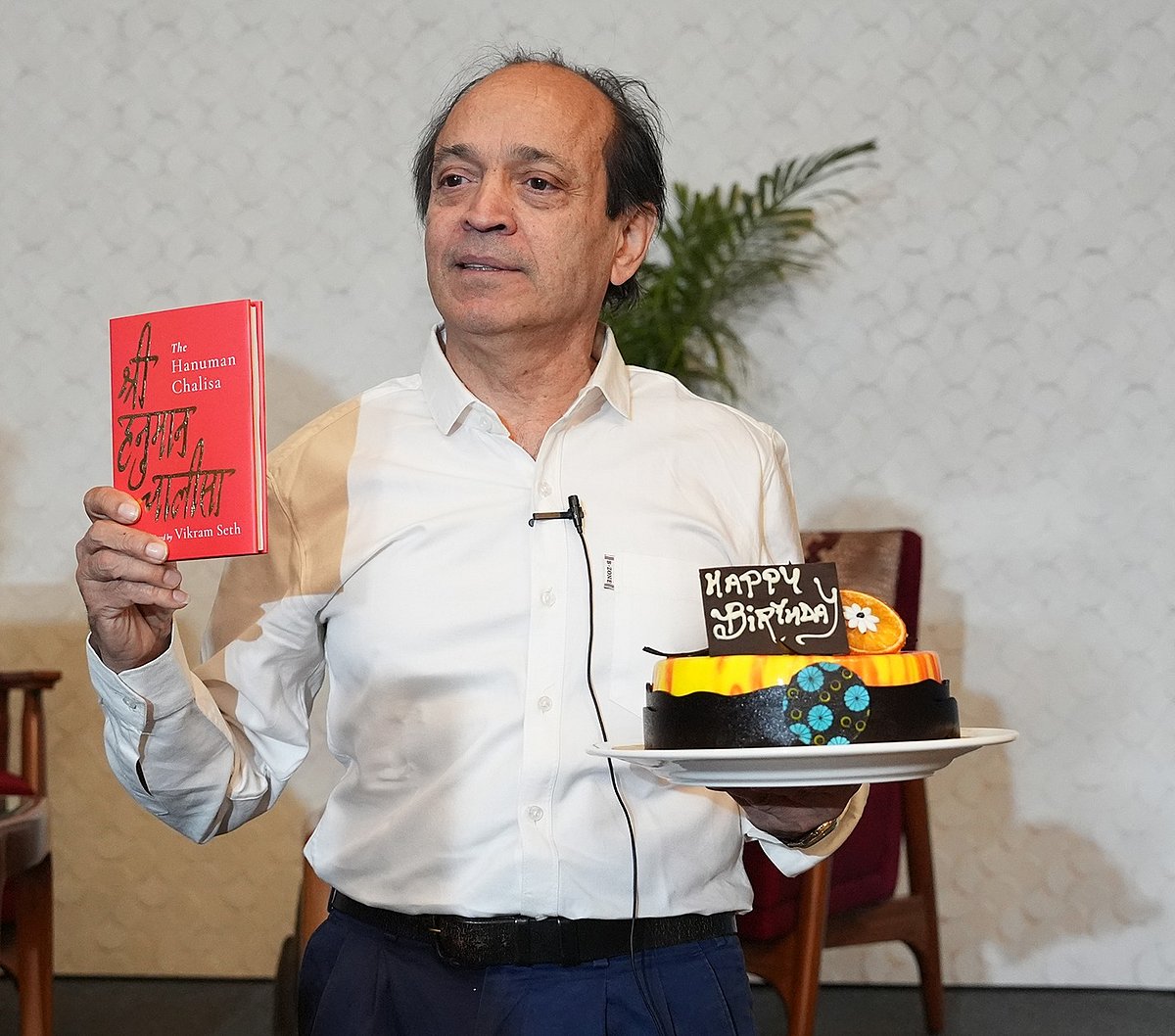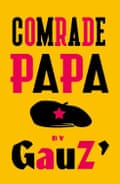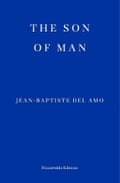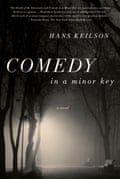:quality(70):focal(1360x1680:1370x1690)/cloudfront-eu-central-1.images.arcpublishing.com/irishtimes/KJ2FIJVZ3ZETXMLMKDAYI4OCFY.jpg)
Yoko Tawada has consistently been one of the most original voices in contemporary Japanese literature. There is a matter-of-fact strangeness to her work that transports the reader without being escapist or overly fantastical. It is experimental writing that comes in at odd angles, peeling apart the familiar and unfamiliar.
First published in Japanese in 1993, The Bridegroom Was a Dog (Granta, £12.99) won the Akutagawa prize, Japan’s most prestigious literary award. This excellent 1990s translation by Margaret Mitsutani is now being published in the UK and Ireland for the first time.
This novella transposes a children’s fable about a princess who marries her dog on to the story of an enigmatic elementary schoolteacher, Miss Kitamura. Known for her unorthodox teaching style, she is mysteriously charismatic. A strange man comes to live with her – their sex lives are passionate though basic, the man acting as a proxy for the dog in the fable. What follows is a strange and entrancing tale that shifts and surprises from paragraph to paragraph. Mitsutani’s spirited rendering of the text has her as much in the role of co-conspirator as translator.
An excellent early career work, with hints of the substantial artist to come.
Ioana Pârvulescu is widely published in her native Romania, but has also won awards and admirers internationally, one of whom was the late Eileen Battersby, who wrote warmly about a previous book, Life Begins on Friday. The translator of that novel, Alistair Ian Blyth, has again produced a nimble and lively translation, this time with Jonah and His Daughter (Istros Books, £13.99).
The novel is a retelling of the Biblical story of the prophet Jonah – known for being swallowed by a giant fish – by a relay of his female descendants. With a span of 90 generations, and shifting through the Biblical heartland of Joppa, Tarshish, Tyre, Nineveh and Gat-Hefer, the novel achieves an impressive balance between historical scope and personal depth.
The core story takes place in the 8th century BC, as Jonah leaves his home to embark on his adventures at sea, only to return a changed man and a prophet. Supporting the main hero/prophet arc is a rich array of smaller stories. These recount moments of intimacy and doubt between characters as diverse as a clever street urchin, a mysterious washed-up god, a child rescued from a well, and a repentant king.
These stories bind together into a wider community narrative, resulting in a wise and vibrant novel, full of storytelling vigour.
Hwang Jungeun’s previous novels One Hundred Shadows and I’ll Go On focused on marginalised characters and evoked a distinctly urban unease. This offsetting of human vulnerability against society’s hostility continues in DD’s Umbrella (Titled Axis Press, £13.99), which combines two complementary novellas, again translated adroitly by E Yaewon. The first relates to d, a nongendered character, who is a low-level delivery operative grieving the loss of dd, their only truly intimate connection. D’s delivery work brings them into contact with a range of small-time business owners who are trapped between slow decline or being priced out by modernisation.
In the second novella, a queer writer offers a timely and personal perspective on the relationship between the modern Korean state and public protest, including the pro-democracy protests in 1987, the mass strikes in 1996 and the handling of the Sewol ferry disaster in 2014. Within the protest movement, prejudice against the writer’s nonconformist family life proves stronger than the solidarity of the cause.
The two novellas of DD’s Umbrella offer an intelligent, penetrating study of the individual’s place within a society struggling to reconcile competing visions of progress.
Hard Copy (Head of Zeus, £14.99) is the debut novel from Dutch writer Fien Veldman and centres on a woman in a junior administrative role and her fantasy relationship with her printer.
The first two sections focus on office power dynamics and management gobbledegook. The woman lacks social skills and her tone is somewhat detached, but she is no robot – her place in the corporate pyramid simply leaves little scope for individuation. The printer, for all its jamming, is her only constant, and perhaps its capacity for minor disruption is part of her admiration for it.
The novel takes an interesting turn in the third quarter as we switch perspectives to the printer itself – a knowing, almost omniscient, observer, who views the woman with warmth, and perhaps even a note of pity. The translation by Hester Velmans skilfully keeps these voices distinct and creates subtle shifts in tone.
There were moments where the writer could have pushed this into a weirder direction – closer to, say, Sayaka Murata – but instead reined it in for a more conventional commentary on corporate life. Nevertheless, this is a novel of interesting elements written by a talented new voice worth paying attention to.
[ Fiction in translation: from a masterpiece of postwar guilt to femicide in Brazil ]
In Un Amor (Peirene Press, £12.99), by Spanish writer Sara Mesa, a thirtysomething woman abandons her office job to start over in a remote village named, suitably enough, La Escapa. She uses the opportunity to begin her career as a literary translator, renting a rundown house and attempting to cultivate home-grown vegetables and perhaps also the seeds of her own independence.
This set-up contains the familiar elements of urban fantasies – living simply (that is, cheaply) away from it all, pursuing what really matters – but her miserly landlord and the tough living conditions soon leave her feeling compromised and exposed. As a single woman in unfamiliar surroundings, she is dependent on the kindness and opportunism of strangers. After a perverse, if passionate, encounter, the woman embarks on a fling with a man known locally as “The German”. However, the relationship exposes her to small-town sensibilities and, as each new development works against her, she finds herself alone and, once again, vulnerable.
Peirene Press specialises in short novels and this is another fine example from their collection. In Katie Whittemore’s free-flowing translation, the writing is tense and loose in all the right places. An immersive – escapist, even – novel in which bad choices make good stories.
Ihsan Abdel Kouddous was a widely read and prolific Egyptian writer during his lifetime, having written more than 60 novels before his death in 1990. A Nose and Three Eyes (Hoopoe, £14.99) is only the second of his novels to be translated from Arabic into English.
[ Translated fiction: coming of age in Trieste, tales from 19th century Brittany, and life in a post-Soviet world ]
The novel follows the lives of three young women and their intense affairs with respected Cairo doctor, Hashim Abdel-Latif. Amina is an impulsive young woman, married to an older man she despises, her passion reserved for her affair with Dr Hashim – pregnancy, abortion and social judgment hang over her. Nagwa is engaged at 12 to a 23-year-old suitor, but her love for Hashim must contend with her adoptive mother’s suffocating influence. Rihab is a modern young woman from Lebanon – she has the strength to master Hashim, but he remains influential in her life choices.
The novel is filled with the yearning and poor choices of young love under oppressive social expectations, where the risks taken by men are paid for by the women in their lives. The translation by Jonathon Smolin is propulsive and flowing.
Spanning the personal and the political, moving from Cairo to Suez to Beirut, this is an epic and enthralling romantic novel.









